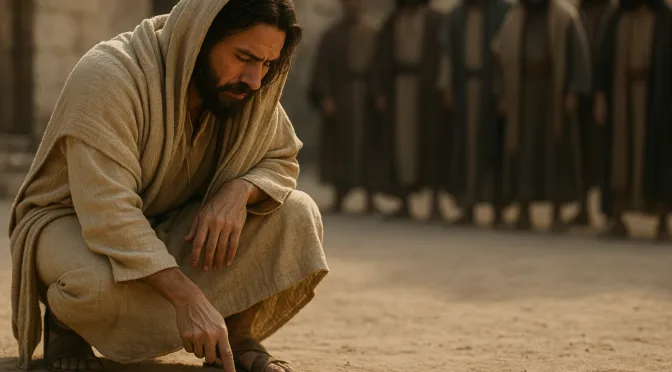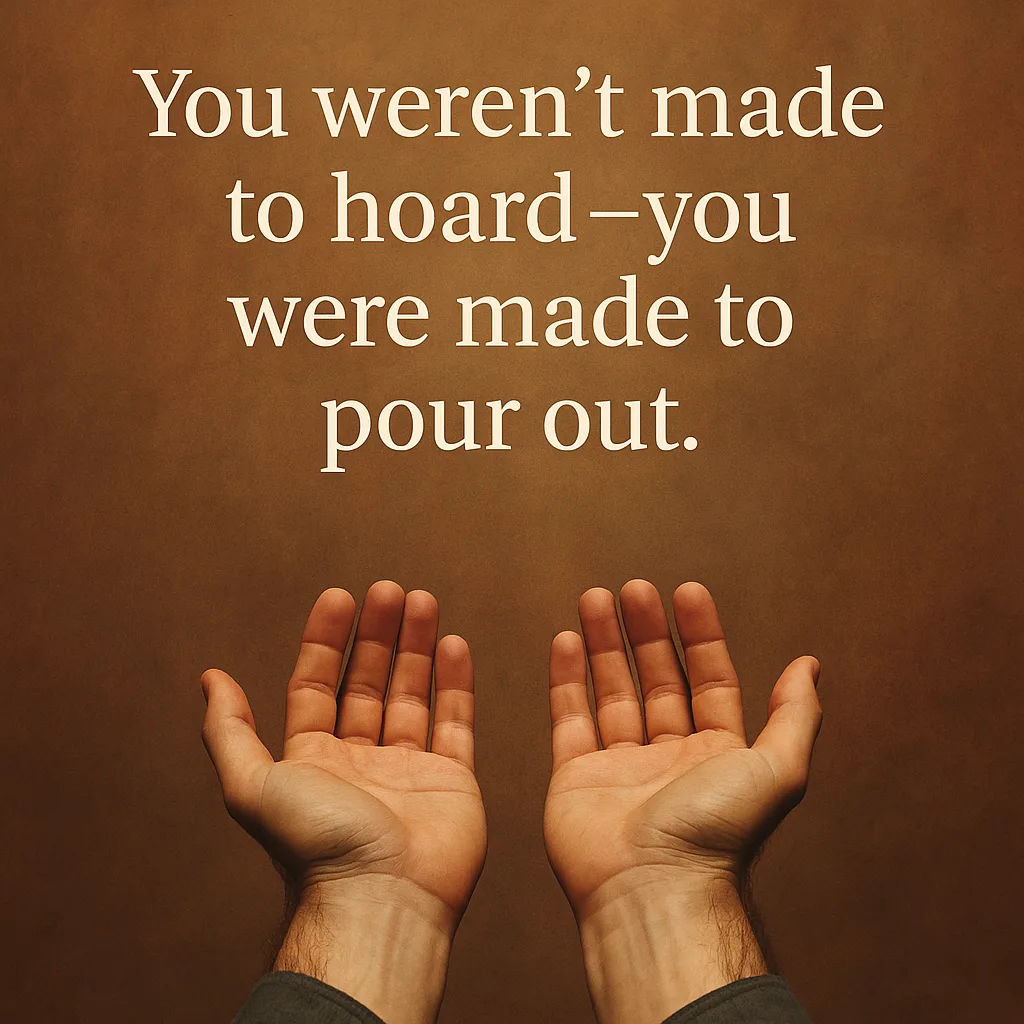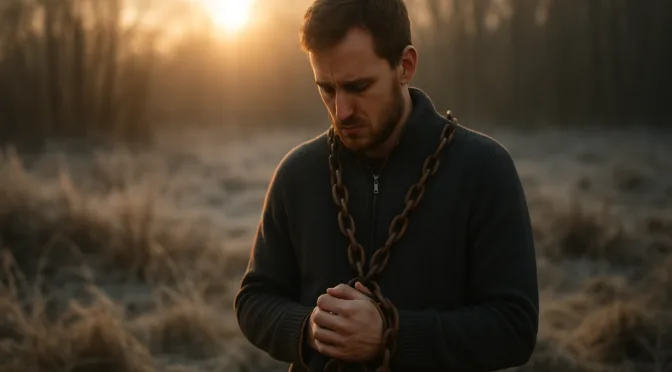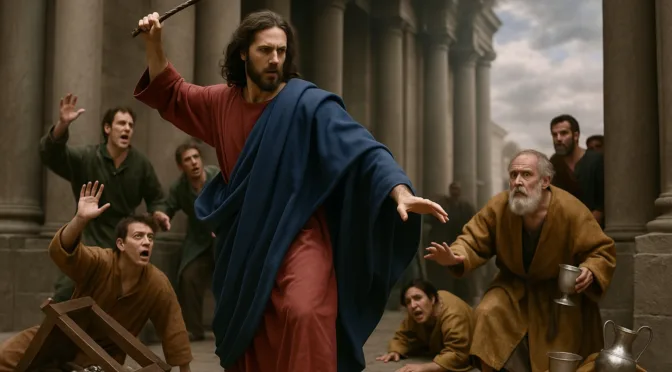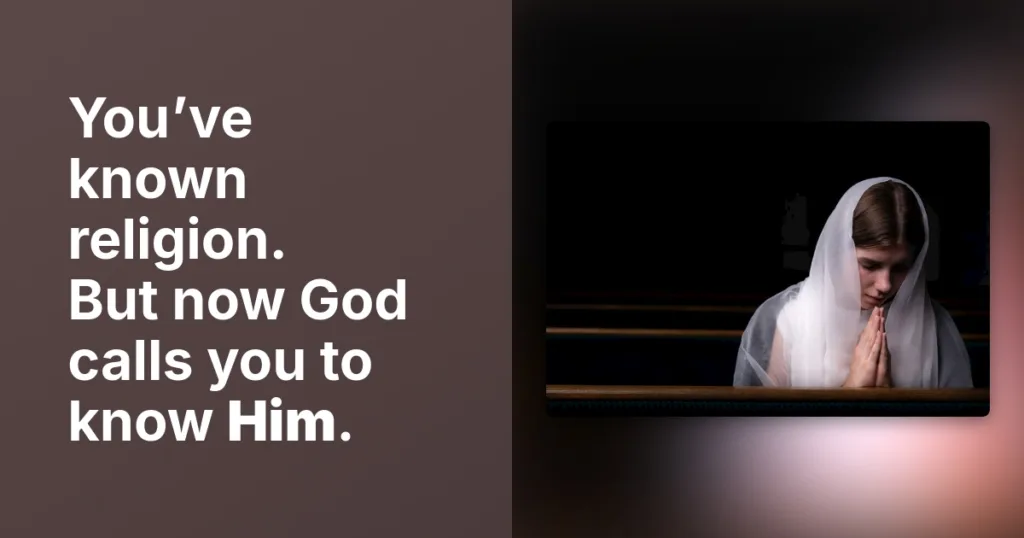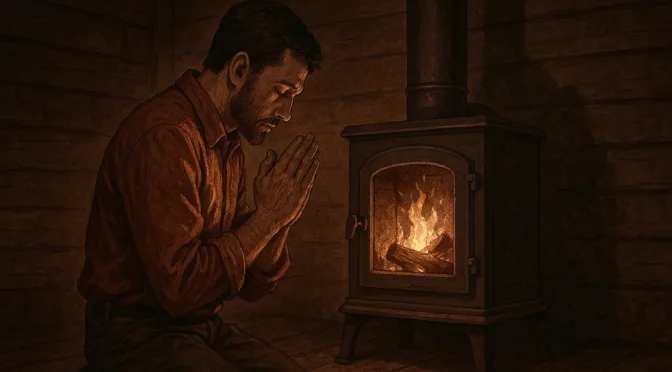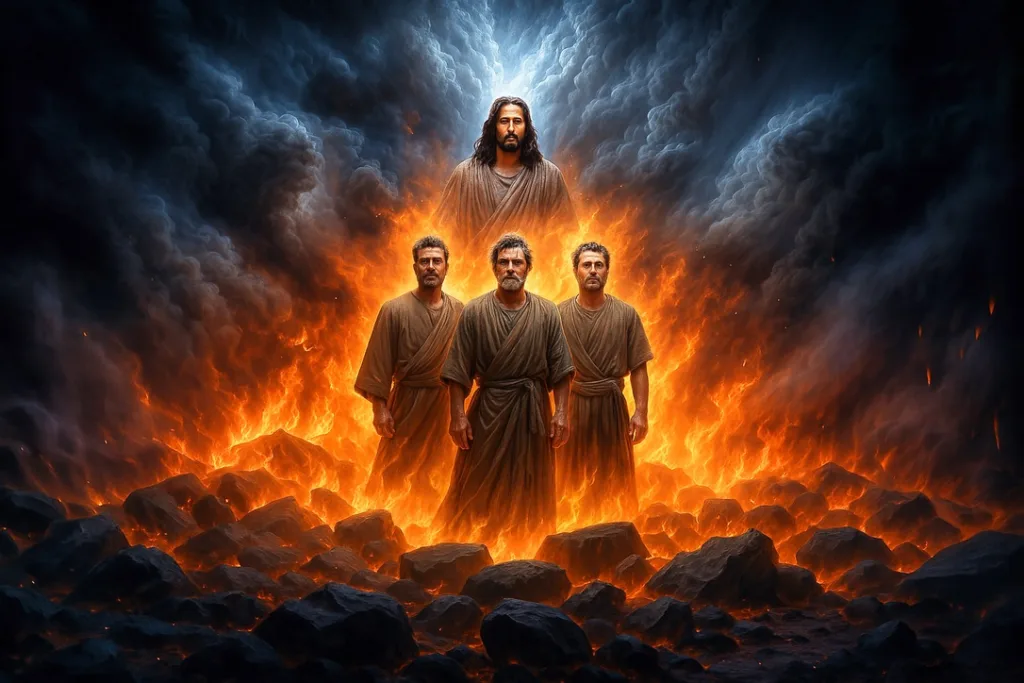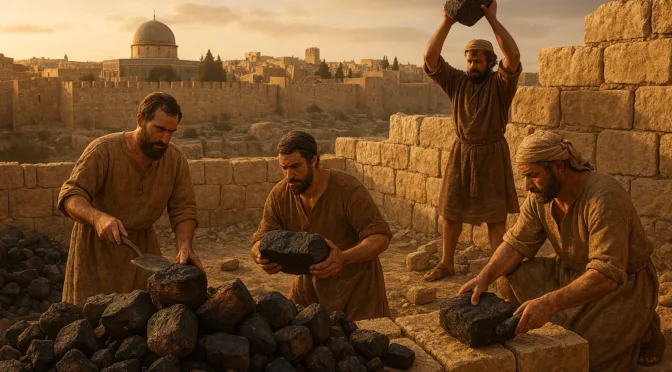Have you ever been so overwhelmed by the presence of God that words failed you? I do not write to you with human wisdom but as one who has beheld His glory. There is a holy hush—a moment beyond language—where the soul is left speechless in the presence of God. This silence is not empty; it is full of awe, overflowing with revelation, and saturated with divine love.
Scripture tells us what happened on the Mount of Transfiguration: “While he was speaking, a cloud appeared and covered them … A voice came from the cloud, saying, ‘This is My Son, My Chosen One; listen to Him!’” (Luke 9:34–35, NASB). In that moment, the disciples were speechless. Not because they were confused, but because they were overtaken by glory.
What Does It Mean to Be Speechless in the Presence of God?
Not all silence is sacred. Some remain silent because they are spiritually dry. But when the Holy Spirit reigns in a fully surrendered heart, silence becomes sacred space. It is the final crescendo after praise and worship have poured out every word we can offer.
Here is the divine progression:
- Praise bursts forth — we speak, pray, and testify.
- Worship rises — songs overflow from the heart.
- Silence descends — not from lack, but from glory too heavy to carry in words, leaving us truly speechless.
This isn’t stillness born of confusion or apathy. Isaiah’s silence cried out, “Woe is me, for I am ruined! Because I am a man of unclean lips … for my eyes have seen the King, the Lord of armies” (Isaiah 6:5, NASB). When you see God rightly, you know that no song is worthy and no word rich enough.
Why Silence Can Bring You Closer to God
A. W. Tozer wrote, “More spiritual progress can be made in one short moment of speechless silence in the awesome presence of God than in years of mere study.” Why? Because in those moments, God writes on your heart directly. You don’t just hear about Him—you experience Him.
We often fill our spiritual lives with noise—devotionals, sermons, and prayers. But when was the last time you waited? When was the last time you stepped beyond the veil and stood in His presence without asking, without speaking—just beholding and being speechless?
Moses entered the cloud and came out radiant (Exodus 34:29). You too are invited—not to observe from afar, but to enter the cloud of glory, the presence of El Shaddai. Not just once, but daily.
The Cloud of Glory
Imagine a traveler standing before a great mountain shrouded in mist. As he steps into the cloud, he can no longer see the path or the world behind him. But he hears a whisper in the stillness—not from outside, but within. He has entered the presence, not with understanding, but with surrender. There, in the silence, the Voice speaks clearly, leaving him speechless.
How to Cultivate Holy Silence in Your Life
If you long to be transformed and are hungry for revival in your soul, create space for God’s presence. Here’s how:
- Set aside time daily not just for prayer, but for silence before God.
- Turn off distractions. Let your phone, music, and noise wait.
- Enter with worship. Let praise rise, then let the Spirit lead into silence.
- Listen and wait. Don’t rush the moment. God speaks in the stillness.
These moments may be short, but their fruit is eternal. You will not always walk away with answers, but you will walk away with Him. And that is the goal.
Final Thoughts: The Power of the Cloud
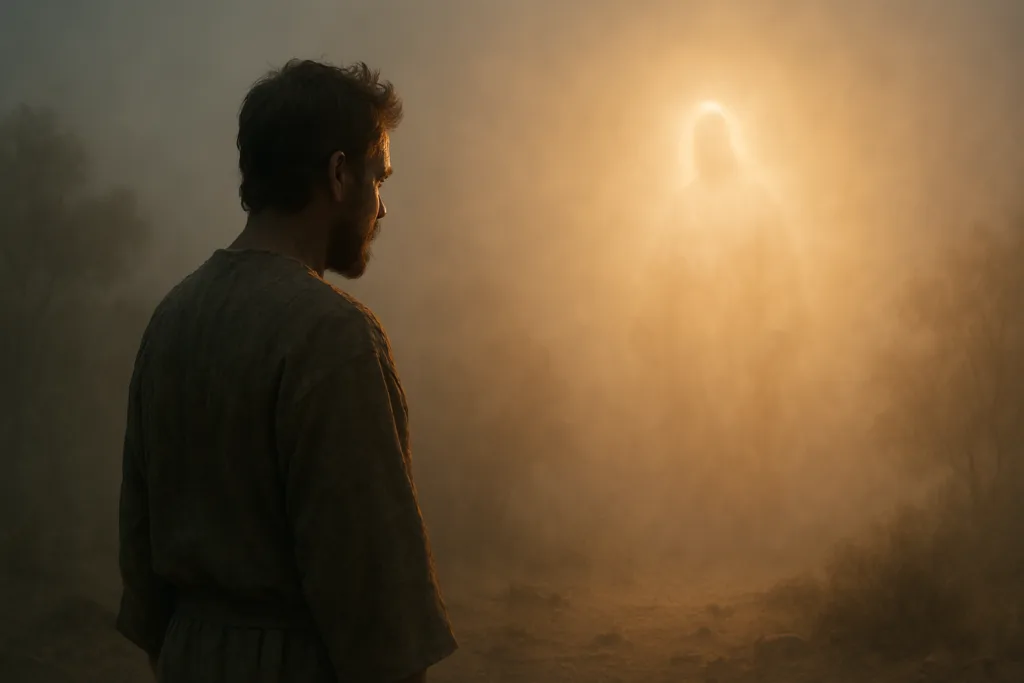
You do not need to fear the silence. Embrace it. For it is there you will truly hear Him. When words are stripped away, what remains is faith. What remains is intimacy. Be speechless in the presence of God, and you will come to know Him as you never have before.
⸻
Prayer
Spirit of the Living God, lead us into Your cloud. Take full authority in our hearts. Teach us to speak, then teach us to sing. And when the moment is too holy for either, teach us to be silent before You, utterly speechless. We want more of You and less of us. Let us hear Your voice in the stillness, and let Your presence change us forever. In Yeshua’s name, Amen.
Share this post if your heart longs for more of Him.
⸻


